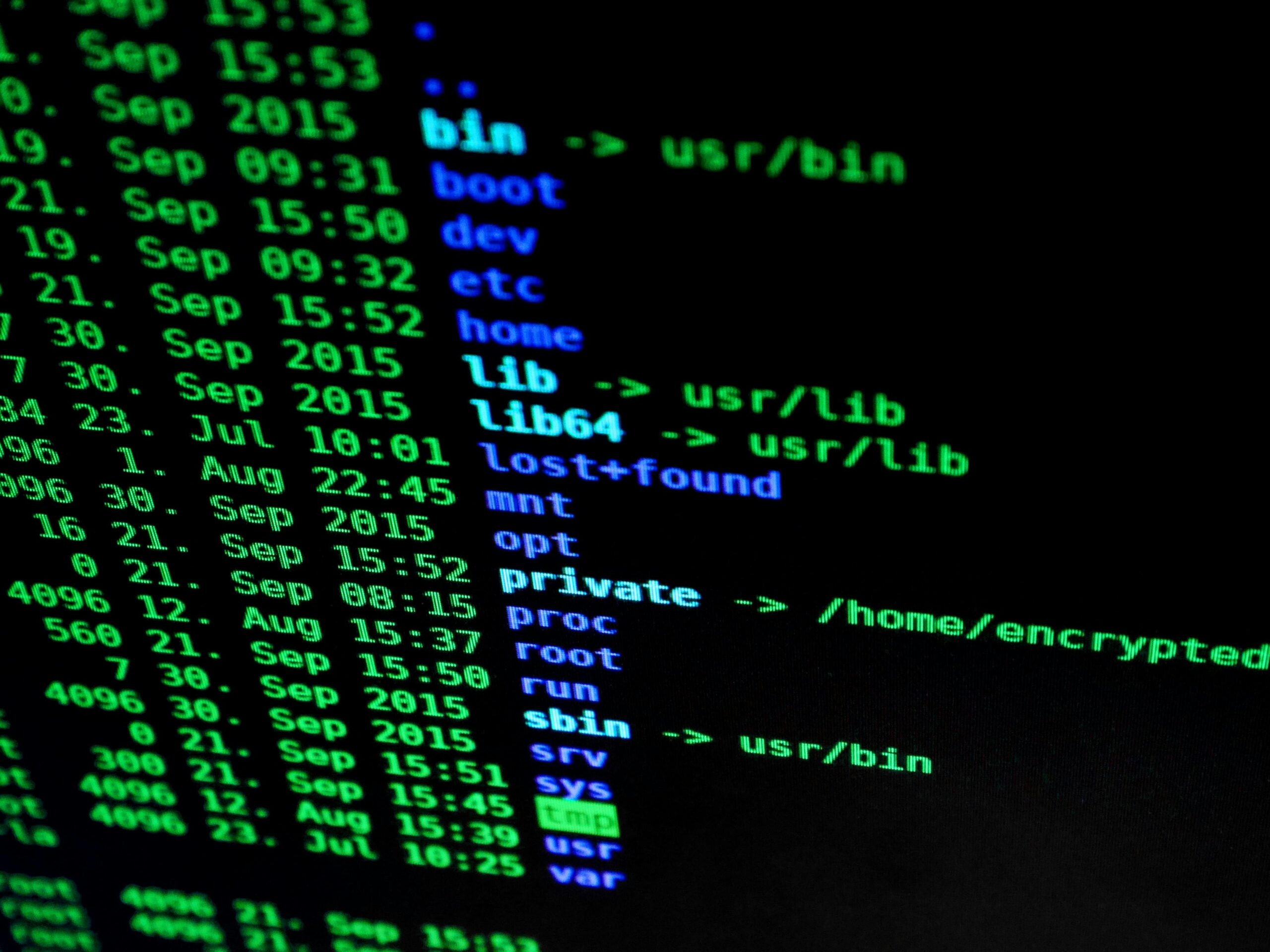In an increasingly digital and interconnected world, cybersecurity has become a critical concern for businesses of all sizes. The rapid expansion of digital technologies and online platforms has opened up new avenues for cyber threats and attacks. But why exactly is cybersecurity so important for businesses today, and what measures can they take to protect themselves?
The Importance of Cybersecurity
Cybersecurity encompasses the practices, technologies, and processes designed to protect networks, devices, programs, and data from unauthorized access, cyberattacks, and damage. For businesses, cybersecurity is essential for several reasons:
Protection of Sensitive Data: Businesses collect and store sensitive information such as customer data, financial records, and intellectual property. Cybersecurity measures safeguard this data from theft, unauthorized access, or exploitation by cybercriminals.
Prevention of Financial Loss: Cyberattacks can lead to significant financial losses through theft of funds, fraud, or disruption of business operations. Implementing robust cybersecurity measures helps mitigate these risks and protect business assets.
Maintenance of Reputation: A cybersecurity breach can severely damage a business’s reputation and erode customer trust. Customers expect their personal data to be handled securely, and a breach can lead to loss of clientele and negative publicity.
Compliance with Regulations: Many industries are subject to regulatory requirements concerning data protection and privacy (e.g., GDPR, HIPAA). Implementing cybersecurity measures ensures compliance with these regulations and avoids potential legal consequences.
Real-Life Examples and Consequences
Consider the case of a small healthcare clinic that suffered a ransomware attack, compromising patient records and disrupting operations. The clinic faced financial losses due to ransom demands and regulatory fines for failing to protect patient data adequately. This incident highlighted the critical importance of cybersecurity in safeguarding sensitive healthcare information and maintaining operational continuity.
Similarly, a large e-commerce company experienced a data breach that exposed customer payment information. The company incurred substantial financial costs in compensating affected customers, implementing security upgrades, and restoring its reputation. Such examples underscore the far-reaching consequences of cybersecurity breaches and the importance of proactive security measures.
Measures to Enhance Cybersecurity
To enhance cybersecurity resilience, businesses can implement the following measures:
- Cybersecurity Training: Educate employees about cybersecurity best practices, including recognizing phishing attempts, using strong passwords, and reporting suspicious activities.
- Use of Encryption: Encrypt sensitive data both in transit and at rest to protect it from unauthorized access.
- Regular Software Updates: Install security patches and updates promptly to address vulnerabilities in operating systems, software, and applications.
- Implement Multi-Factor Authentication (MFA): Require users to authenticate their identity through multiple verification methods (e.g., password and biometric verification) to access systems and data.
- Network Security: Deploy firewalls, intrusion detection systems, and secure VPNs to protect networks from unauthorized access and malware.
- Data Backup and Recovery: Regularly back up critical data and establish a robust data recovery plan to minimize disruption in the event of a cyber incident.
Conclusion
In conclusion, cybersecurity is indispensable for businesses navigating the digital landscape. By prioritizing cybersecurity measures, businesses can safeguard sensitive data, protect against financial losses, maintain customer trust, and comply with regulatory requirements. As cyber threats continue to evolve, businesses must remain vigilant and proactive in implementing robust cybersecurity strategies to mitigate risks effectively.
Sources for Further Reading:
- Importance of Cybersecurity for Businesses
- Cybersecurity Best Practices
- Impact of Cybersecurity Breaches on Businesses
By investing in cybersecurity readiness, businesses can protect their operations, reputation, and overall resilience in an increasingly digital world.

